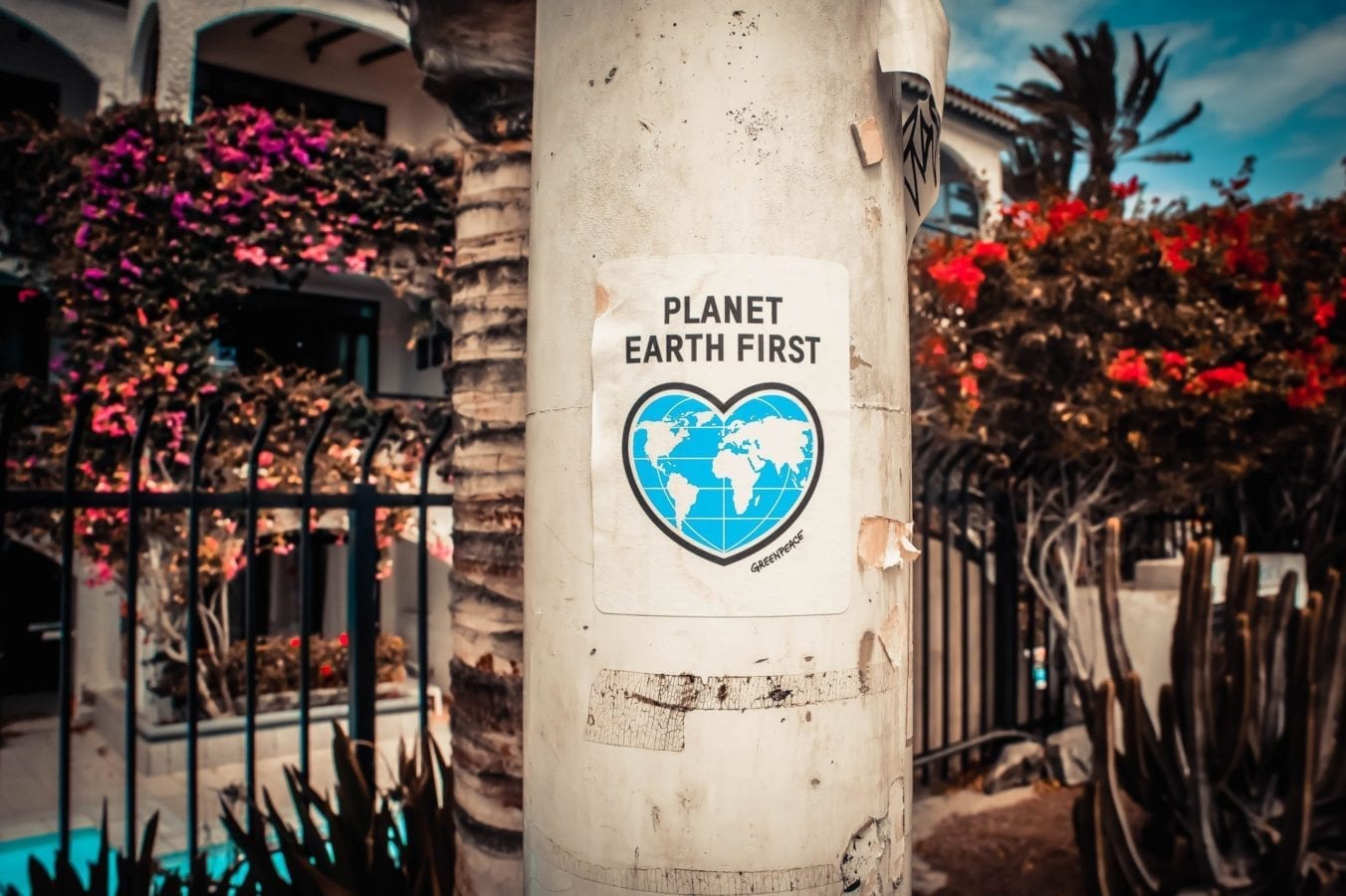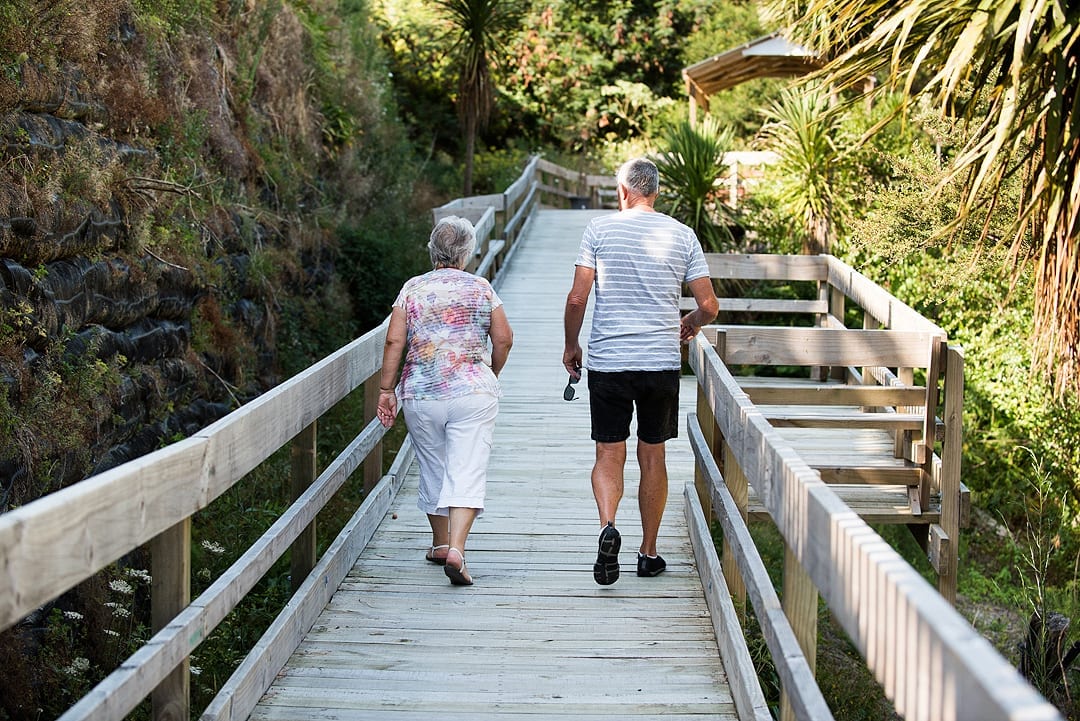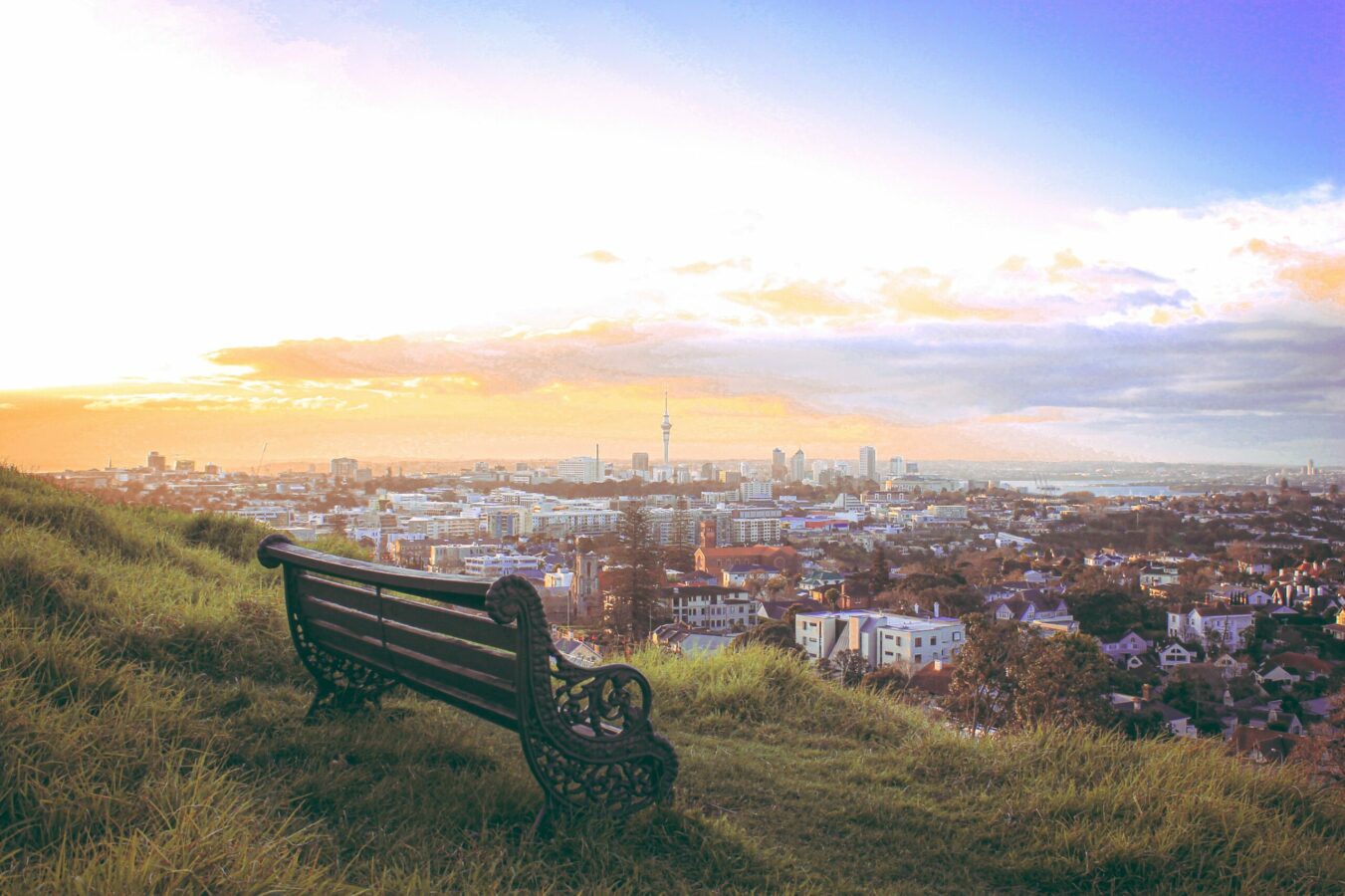As the weather finally starts heating up, many of us will be itching to get…

Easy Steps to Becoming More Eco-Friendly
Thinking 2020 is the year to go green? Last year was full of conversations about climate change and how we are treating our planet. The amount of information, discussion, debate and controversy can feel overwhelming in the face of such a domineering issue. So much so that it is normal to feel helpless. What can one person out 7.8 billion people do to help our planet?
A lot. You can do a lot. Yes, there needs to be massive changes on the part of governments and corporations, but individuals can take small steps to make a massive difference. Make your home more eco-friendly this year by taking on board these tips.
Buy Local
Do you have a farmer’s market near you? Local produce? Buying local is a great way to support your community, and the environment. When we purchase goods from overseas, we are also paying for the carbon released in transit. Local goods tend to be fresher and cheaper, so they are better for you and the planet.
Recycle
This gets said a lot, but recycling is really one of the best, and easiest ways to lead a more eco-friendly life. Recycling has two main benefits. Firstly, by recycling current materials, it means less raw materials need to be used, thus preserving them for future generations. For example, glass is 100% recyclable and can be recycled time and time again without losing its quality. This means energy, time and raw materials are conserved in the recycling process, and as a consumer, we are none the wiser.
Recycling also reduces the build-up of waste in landfills. We have about 100 landfills throughout New Zealand to deal with the approximate 734kgs of waste we each create in a year. Recycling reduces the waste that ends up here, where even biodegradable materials remain for years. As these are tightly packed, anaerobic environments (meaning there is little, if any, oxygen available), things cannot breakdown effectively. Recycling, where possible, can reduce the amount of waste ending up here, and preserve raw materials for generations to come.
Compost
In New Zealand, about 50% or 122,547 tonnes of food waste in our landfills is avoidable. As a nation, we produce a lot of food waste, and most of it is unintentional and preventable. As mentioned above, landfills are not an environment where food scraps, or much else, can break down. When attempting to decompose without oxygen, methane, a greenhouse gas is released. Composting is a great alternative to throwing out that food waste. Composting, basically, is letting organic matter decompose and return to the earth. While it has a reputation for being a bit stinky and high maintenance, this doesn’t have to be the case! Get started and read more here. Composting helps the environment by reducing methane emissions and is great for the garden. Use your home-made compost over commercial fertilisers that tend to be very high in nitrates and phosphorus, which can be harmful if introduced into the waterways. Give composting a go, you may love it!
Don’t Be Afraid of Second Hand
Second-hand stores are a haven for the eco-conscious shopper! Op shops, as they are called in New Zealand, have everything from mugs, to books, to clothes and furniture. When you buy second hand, you prevent that item from ending up in a landfill, give it another lease on life, and are using your money to support local groups and charities over large corporations that may not be using sustainable manufacturing. If you are not comfortable with buying from second-hand, consider donating your pre-loved goods to your local store instead of throwing them out. Op shops support the community – with the proceeds going to good causes, providing high-quality, affordable goods to those who may need them, and offer a sustainable alternative for your spring cleanout.
Switch to Eco-Friendly Lights
Hate changing your lightbulbs every few months? Consider a switch to eco-friendly bulbs. LEDs and CFLs are types of lightbulbs which can last up to 5 times longer, have a brighter light and use less energy. Using these alternative bulbs will reduce your energy bill and reduce the amount of waste moving to landfills. Bonus points for remembering and teaching the grandkids to turn off lights when not in the room, or when they are not necessary.
Eat Less Meat
I know, a great steak can be the highlight of the week – and you can still eat it guilt-free! Reducing your meat intake doesn’t mean cutting cold turkey (pun intended), rather reducing it to 2-3 meals per week. Livestock causes 65% of human-related nitrous oxide emissions, which has a greenhouse effect far higher than carbon dioxide. If you include the conversion of bush for farmland, transport and farm runoff, our meat consumption has a really big impact on the global wellbeing. Consider switching out red meat for seafood, or vegetable-based dishes. Plus, it is good for your heart, mind and body to reduce meat intake, so your body and your planet will be happy!
Check Out Eco-Friendly Cleaning Products
Luckily, today there are so many options for eco-friendly cleaning, so you can avoid the nasties that are bad for your family and the earth. If you are looking for an easy solution, check out Eco Store for plant and mineral-based cleaners. Alternatively, you can make your own eco-friendly cleaners at home. For example, next time your floors need a spot of love, combine 1 tablespoon of liquid soap and 1 tablespoon of vinegar to 2 litres of hot water. A drop or two of essential oils such as eucalyptus will make it smell as great as it works! Read more easy solutions here.
Taking the first step towards a more eco-friendly life is something to celebrate! While life is undoubtedly easier with plastics, fast fashion and chucking everything in the bin, lets love our earth with small changes that have a big impact. What things are you going to try?
To explore what living at Highgrove Retirement Village is like, book a viewing or read more on our website.



